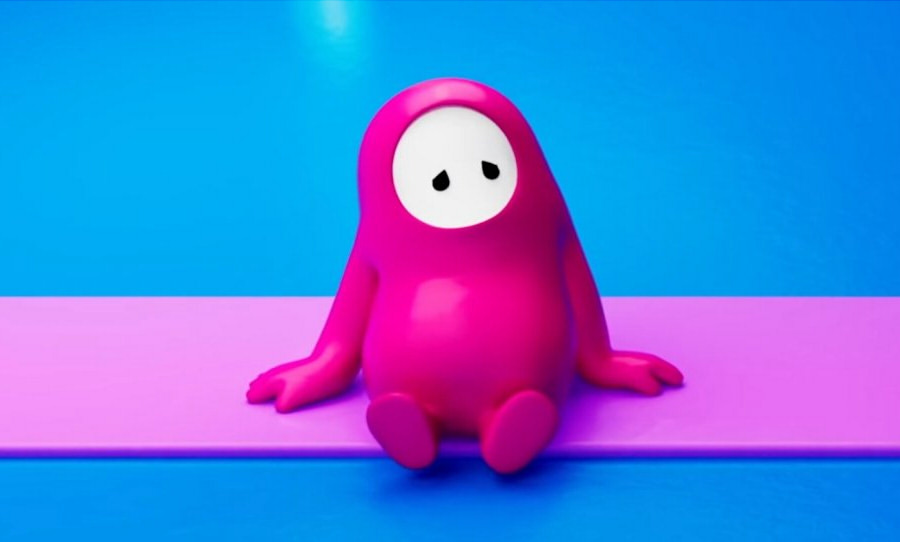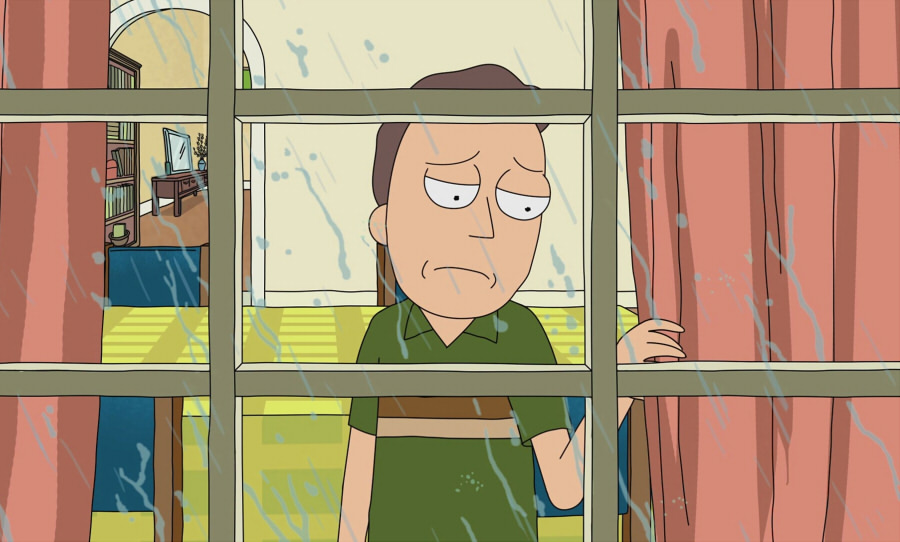Video game burnout syndrome is real and it can suck. Here’s why you get tired of your favourite games and how you can get over it.
2020 is probably the best year to talk about video game burnout there ever has been. We’ve seen so many games come and go, and the one-hit wonders often lose traction over a few months. Some make it back to the limelight of course, but others simply leave you feeling exhausted or uninspired.
Heck, you might’ve even experienced it yourself. Ever play a game and suddenly just get bored with it? You wouldn’t be the only one feeling tired from a hobby you normally enjoy. Here’s why video game burnout happens and how to fix it.

The Symptoms
There are two primary causes for video game burnout syndrome. You either play a single game too much and it becomes tiring, or the game was too repetitive to offer any stimulation past a certain point. Remember, most of us play games to entertain ourselves, and any game that can’t provide us with the excitement we crave can begin to feel boring.
Just to be clear: there’s a fine line between good repetitive games and the dreadful side of repetition in games. Most roguelikes and hardcore difficulty games use repetition to fuel the trial-and-error process, helping the player improve from their mistakes.
On the other side of the spectrum, artificial difficulty and menial tasks often make players shy away from logging back in – eventually.
In games that inspire burnout, you can find a few common traits. There’s RPGs forcing you to kill the same mobs to grind, competitive games with the same meta, titles with only one gimmick that repeats itself, and games that are all visual, no substance. They may look flashy and sound good on paper, but the become a chore to play after a few hours.
Although their player bases are still alive and kicking, Fall Guys, Among Us, and Genshin Impact have seen drops in interest once they flew past their initial booms. Which is perfectly natural – viral successes rarely stay successes for long. However, lessons can be learned from these three titles.
In these cases, both developers and players have taken steps to push past the burnout and stay engaging.
Fall Guys saw a tremendous effort from its developers in the realms of content creation and public relations. Each minigame falls under the same Wipeout-esque style, yes, but new content manages to spruce it up. Different themes and challenges inspire different ways to play, and Fall Guys is still one of 2020’s party game standouts.
Among Us hasn’t received much new content, but fans have figured out ways to overcome the burnout. By scrounging up new ways to play and interact with viewers, Among Us remains a Twitch favourite. The game has even broken into the norm, with mainstream streamers and channels giving the game plenty of attention.
Genshin Impact, on the other hand, has been dropped in popularity. Contrary to its massive launch, public interest over this game dwindled over time. We just got the big and exciting version 1.1, yet the 8GB update wasn’t enough to even bring the game back to half of its former playerbase.
According to Google Trends, the game is only at 44% of its peak as of November 17, 2020. How is it different from Fall Guys or Among Us, though?
Genshin Impact is a game that fuels itself on artificial difficulty and tedious grinding. The gameplay itself is incredibly fun, but that temporary feeling soon fades unless you empty your wallet or wait for updates.
Even the most popular streamers get burned out from games every now and then. Disguised Toast was an excellent Hearthstone player and ran one of the best performing channels for the popular card game, yet even he jumped ship.
Remember, too much of anything can be grow tiresome – even if it’s a thing you love. An old World of Warcraft in-game tip reads: “Remember to take all things in moderation (even World of Warcraft!)”
Taking a break can be as important as waiting for content updates, or taking it upon yourself to find innovative new ways to play.
Usually, I break Hearthstone.
Last night, Hearthstone broke me.
LIVE: https://t.co/OM4AtSZNtx pic.twitter.com/uj2TmObWYX
— Disguised Toast (@DisguisedToast) April 13, 2019
The Cure
But what if you don’t want to jump ship? Overcoming video game burnout syndrome is more than just getting over it. Sure, you leave a game alone for a few months and it’ll probably be fun again, but what if you want to rekindle your passion for gaming right now?
First, let’s look at what doesn’t get us fatigued.
Animal Crossing: New Horizons is a great example of a game that doesn’t leave you feeling burned out. We’ve seen people literally spend hundreds of hours on this game without getting bored. One reason for this is that most players keep their relationship with Animal Crossing casual, and there’s plenty of variation to spice things up.
You wouldn’t spend more than a couple of hours, if not minutes, per day on your virtual island. It also has sandbox qualities – the design of your island is completely up to you.
If you’re spending an entire day on it, it’s usually because there’s some big event or island renovation goal you’re looking forwards to completing. The game wasn’t designed to keep you feeling trapped in each day – progression, being seasonal, is virtually the same for everyone. Their Halloween event serves as a great example of a successful way to introduce new content (even if their Easter event did quite the opposite).
Another game that has risen to popularity recently is Hades. This particular games combats the repetitive nature of roguelikes with a story progression separate from combat progression. There’s also a variety of weapons and equipment to switch things up, and the in-game levels offer a random mix of challenges to keep it all fresh.
Even a roguelike can prevent video game burnout when a bit of creative variety gets thrown into the mix.
As for competitive games, the rules are a little different. Players rarely get to dictate how they want to play; there’s often a meta influencing everyone. There’s a culture of doing as the game wants or getting punished with a loss.
Sure, you could bend the rules and find a wacky new way of playing, but that might not be as enjoyable if it’s not viable. In addition to taking breaks from competitive games, we recommend gamers find different challenges instead of doing the same thing over and over again.
For instance, rather than giving up on League of Legends, one could find themselves experimenting in another role or learning new macro/micro plays as to not tire themselves. Similarly, fans of FPS games such as Counter Strike: Global Offensive could try out new guns or learn some new tactics.
As competitive games are quite expansive in terms of gameplay, there are tons of new positions to try out and explore. Remember, even the most toxic League of Legends player switched to the jungle after he got burned from playing ADC.
Playing too much of a good game, or even a few minutes of a bad game, you run the risk of video game burnout. The fact is, games do get tiring! They may make you angry, but worst of all is when a game gets boring and you lose that spark you once had for something you love.
Take a short break, try a new way of playing, or limit your playtime. A bit of variation can go a long way.



